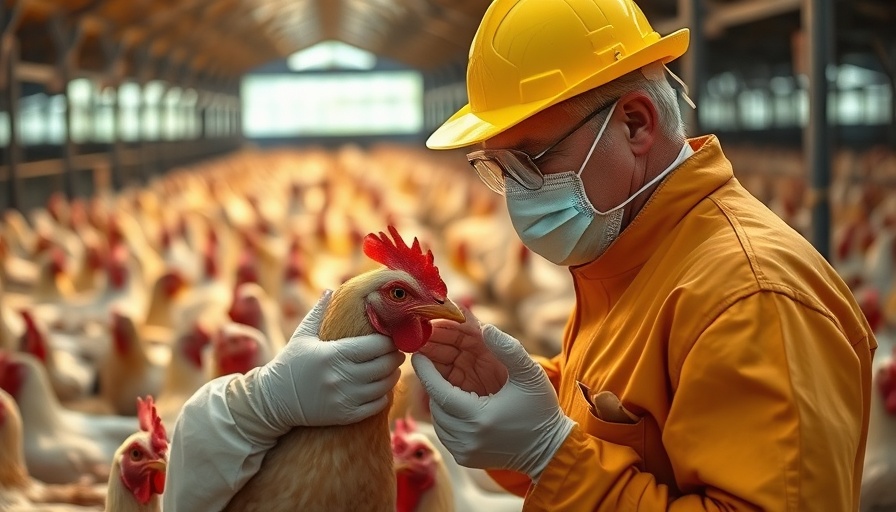
Understanding the Bird Flu Outbreak in Pembrokeshire
A recent bird flu outbreak in Pembrokeshire has raised significant public health concerns. This incident marks the first confirmed case of avian influenza in a poultry flock in the region in years, specifically occurring at a smallholding near Haverfordwest that houses 120 hens.
Urgent Protection Measures Implemented
In response to the outbreak detected on June 23, the Welsh Government swiftly established a 3km protection zone and a larger 10km surveillance zone around the infected premises. These zones are critical for containing the disease, enforcing strict controls on bird movements, and imposing mandatory housing or isolation of all poultry within the designated areas. Hygiene and biosecurity protocols have also been intensified in the affected regions to mitigate the spread of the virus.
Heightened Vigilance Amidst New Risks
Veterinarian Phil Thomas has highlighted concerns regarding the location of the outbreak, noting its proximity to habitats known for shorebirds. This raises the risk of further infections, particularly since winter is typically identified as a high-risk period for avian flu. "It’s certainly a bit of a shock having this case so close to areas frequented by wild birds," Dr. Thomas explained, advocating for year-round vigilance against avian influenza.
Impact on Local Bird Keepers
With the detection of avian flu, the Welsh Government urges all local bird keepers to assess and enhance their biosecurity measures. This includes documenting movement of all birds and eggs as well as adhering to waste disposal guidelines from veterinary authorities. Such proactive measures are paramount in protecting flocks against potential disease transmission.
Public Health Advisory
While bird flu predominantly affects avian species, it can occasionally pose a risk to humans through close contact with infected birds or contaminated materials. The public is advised to avoid unnecessary interactions with birds and to maintain stringent hygiene practices while handling poultry or raw meat, helping to safeguard both individual health and community wellbeing.
 Add Row
Add Row  Add
Add 




Write A Comment